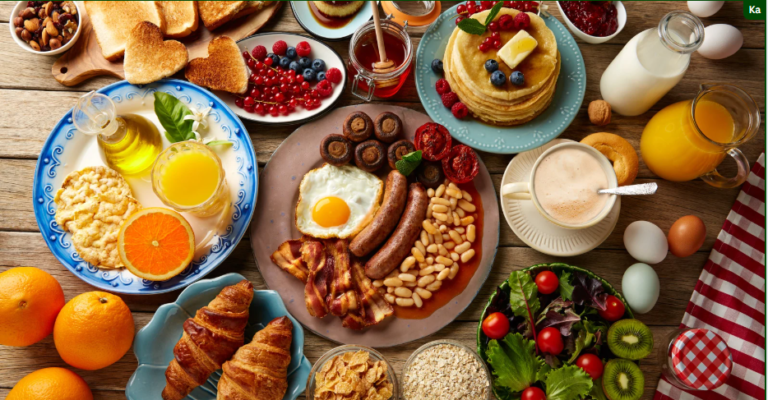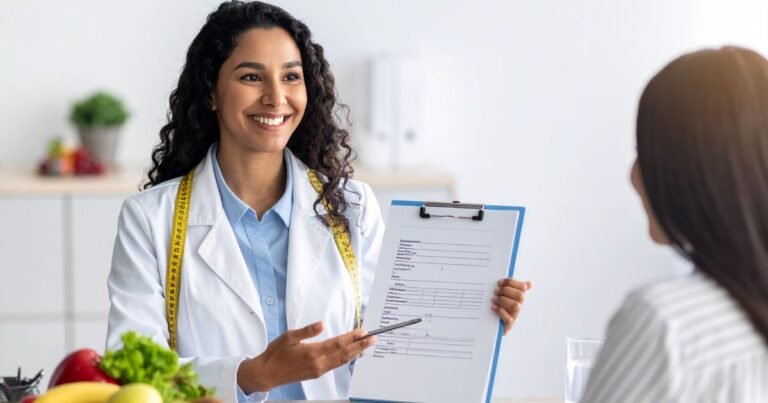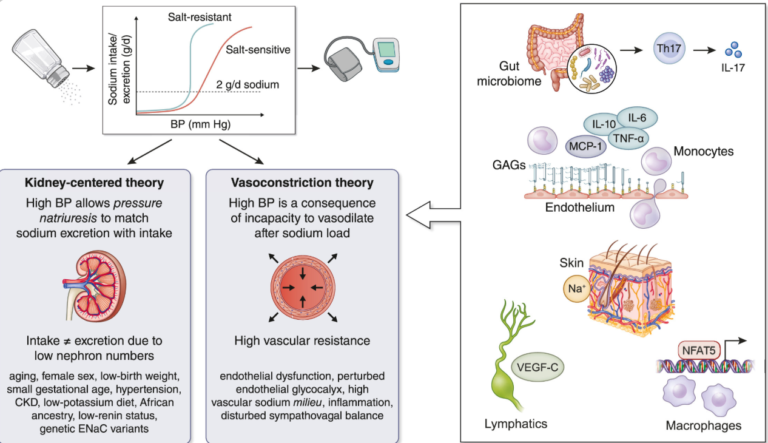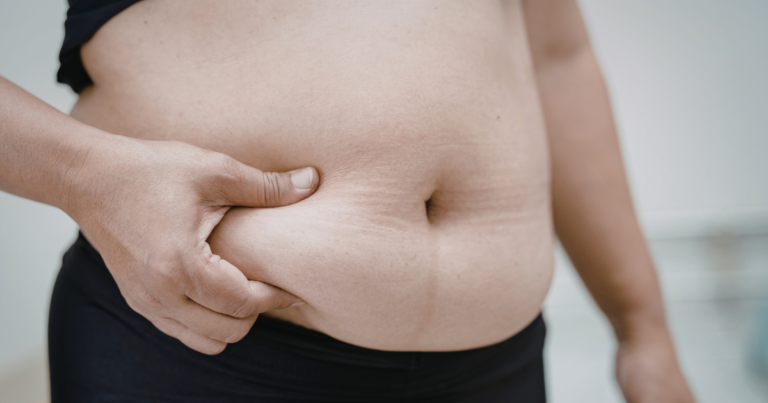Low Sodium Breakfast: Healthy Low-Salt Breakfast Ideas, Foods & Recipes
A low sodium breakfastis a breakfast whose salt (sodium) content remains very low, giving you a healthy start to the day….

A low sodium breakfastis a breakfast whose salt (sodium) content remains very low, giving you a healthy start to the day….

Introduction: The Silent Contributor to Modern Health Challenges A healthy diet is one of the key ways you can look…

Hypertension, or high blood pressure, is a pandemic that affects over a billion people across the globe. Its silent or…

Introduction Those with hypertension have to think twice before consuming any food item. Peanut butter is a common spread in…

Introduction Sodium and blood pressure have a well-established connection that impacts millions worldwide. Too much sodium (primarily from salt) is…

1. Introduction We need sodium for nerve function, muscle contractions and to balance fluid levels, but most of us get…

Introduction In recent years pink Himalayan salt has become popular somehow marketed as a healthier and more “natural sounding” alternative to…

Introduction Sodium often gets blamed for weight gain, but does salt make you gain weight? The truth is that sodium…

Introduction Potassium is a trace mineral that aids in nerve function, muscle control and the heart. Most of the time, blood potassium…

How to Remove Excess Salt From Body Naturally Fast Removing excess salt from the body is easy with proper hydration….